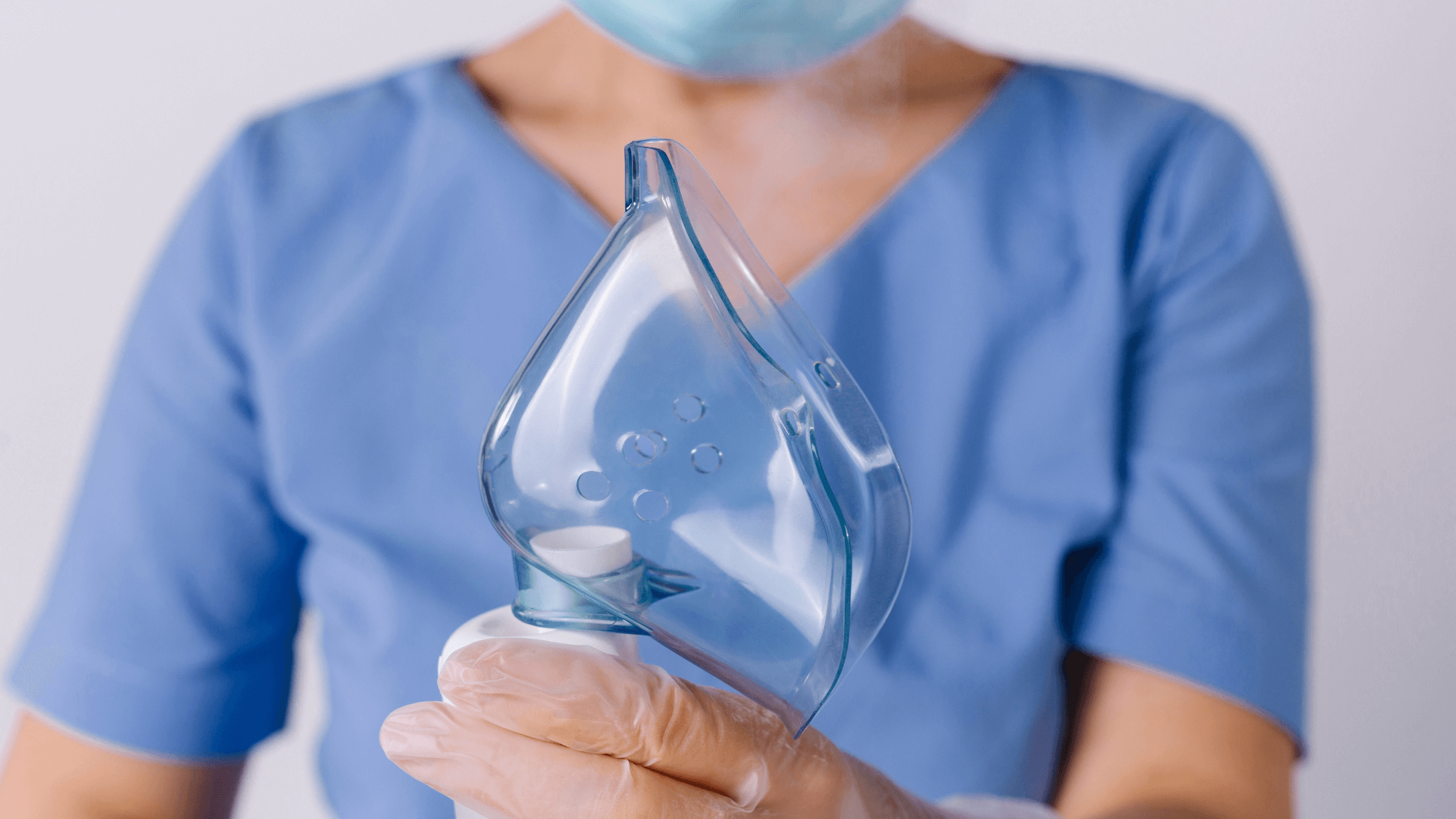People who are jailed have a myriad of health issues. They’re more likely to experience chronic diseases, mental health issues, and substance use. That’s why correctional healthcare is such a critical service. But what types of conditions are most common? In this post, we explain the primary health conditions for incarcerated individuals.
Common Physical Health Conditions in Incarcerated Populations
Jailed people often face significant health challenges, many of which stem from socioeconomic factors, limited access to healthcare before incarceration, and the unique environment of correctional facilities. Here are the primary physical health conditions these people experience.
Chronic Diseases
It’s estimated that about half of the people in jail have a chronic disease. This type of long-lasting condition requires ongoing treatment for the person to stay well.
The most common chronic diseases in jails are:
- Hypertension and Cardiovascular Diseases. Hypertension is prevalent among jailed people, partly due to stress, poor dietary options, and limited access to exercise. Cardiovascular conditions such as heart disease are also more common, reflecting on lifestyle and eating before jail.
- Diabetes. The incarcerated population experiences high rates of Type 2 diabetes, which can be exacerbated by limited access to healthy food. Poorly controlled diabetes can lead to complications such as neuropathy, kidney damage, and vision problems.
- Asthma and Chronic Respiratory Diseases. Asthma and other respiratory conditions are common, especially among people exposed to smoking, poor ventilation, and environmental allergens.
Infectious Diseases
Infectious diseases are a “significant issue” in jails, according to one research study. Another study found that about 15% of jail populations have an infectious disease. These conditions are caused by bacteria, viruses, fungi, or parasites and are easily spread from one person to another, making treatment critical — within and outside of the jail environment.
The most common infectious diseases in jail are:
- Hepatitis C. Jailed people have a significantly higher rate of Hepatitis C than the general population. Research shows a range of 3-40% of incarcerated people have the disease, which many contract from shared drug paraphernalia and unsafe tattooing practices.
- HIV/AIDS. Correctional facilities house a disproportionate number of people living with HIV/AIDS. At 1.1%, the number of jailed people with the condition is three times that of the general population. Many people contract this disease from unsafe sex or sharing drug paraphernalia.
- Tuberculosis (TB). Tuberculosis is much more common in prisons and jails than in the general population, according to research. Incarcerated people are prone to TB because of drug use, homelessness, and HIV. Then, the close quarters and poor ventilation in prisons and jails cause it to spread easily.
Substance Use Disorders
About 63% of people in jail have a substance use disorder, according to the Bureau of Justice. While mental health issues may lead to substance use disorders, the disorders cause physical issues, including withdrawal symptoms, liver damage, or respiratory concerns. Without proper treatment, which sometimes includes medication-assisted therapy, these people are at risk of relapse upon release.
Mental Health Conditions
Mental health issues are common in jails. About 20% of people in jails have a mental illness, according to one survey. While other research shows that about 44% of people in jails have a history of mental illness.
The most common mental health conditions in jails :
- Depression and Anxiety Disorders. People in jail frequently report sadness, hopelessness, and excessive worry. One study found that 25% of people in jail have anxiety. Another study reported that nearly 40% of people in jail have depression.
- Post-Traumatic Stress Disorder. A large percentage of incarcerated people have experienced physical, emotional, or sexual abuse, which increases the risk of developing mental health issues such as Post-Traumatic Stress Disorder (PTSD). One study found that 95% of incarcerated people have experienced at least one traumatic event. Another study reported that 9.8% of jailed people have PTSD.
- Substance Use Disorders. Substance use disorders are common in jailed people, as addressed above. Substance use often co-occurs with disorders like depression, bipolar disorder, or PTSD. Research says that about half of people with a substance use disorder also have a mental health diagnosis.
- Psychotic Disorders. Because of the symptoms of these illnesses, like hallucinations or extreme aggression, these people act in ways that may cause them to be arrested.
- Personality Disorders. Because they can be aggressive and violent toward others, people with personality disorders may be prone to criminal behavior and end up in jail.
- Bipolar Disorder. The percentage of jailed people who experience bipolar disorder is anywhere from 2-25%, depending on the study you view. The disorder causes extreme mood swings, including manic episodes of heightened energy, impulsivity, and irritability, followed by depressive episodes. These times of mania and depression tend to rotate repeatedly.
Help Treating Primary Health Conditions for Incarcerated Individuals
Incarcerated people have a lot of health issues that may have gone untreated until their arrest. Helping these people get the treatment they need and deserve is the primary role of healthcare in jails.
TK Health offers correctional health care services in about 150 jails in a dozen states. Our mission is to provide quality care to those in our correctional partners’ care. To fulfill this mission, we provide various services. To learn more about partnering, contact us today.

